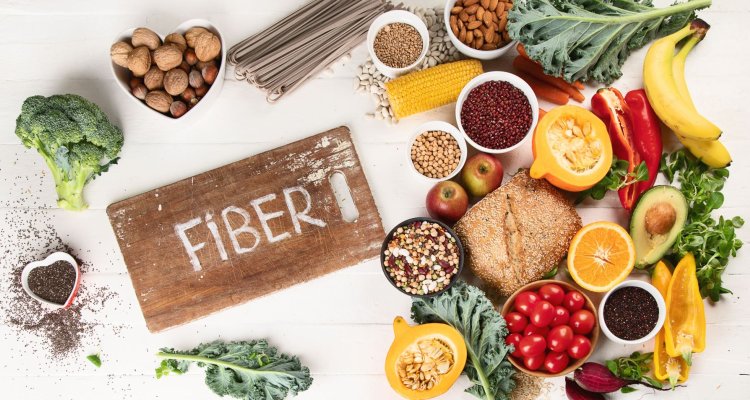
Project
FiberUP in clinical practice: Increasing dietary fiber intake before surgery in patients with colorectal cancer.
Emerging evidence suggests that a healthy diet plays an important role in recovery after colorectal surgery. Here, we will investigate whether it is feasible to increase dietary fiber intake in the weeks before surgery in patients with colorectal cancer.
Colorectal cancer is the 3rd most common cancer worldwide. In Western countries, almost all colorectal cancer patients undergo surgery to remove the tumor. Approximately 1 out of 3 patients experience complications after surgery. These postoperative complications have substantial impact on quality of life and are associated with increased mortality rates. Therefore, new strategies to support patients undergoing colorectal cancer surgery are urgently needed.
Dietary fiber
We have recently investigated the association between habitual dietary fiber intake and risk of postoperative complications in a large prospective cohort study among colorectal cancer patients (COLON study). Dietary fiber, for example found in whole-grain products, fruit, and vegetables, is known to improve intestinal health. We found that a higher intake of dietary fiber before surgery was associated with a lower risk of postoperative complications. These findings could suggest that higher intake of dietary fiber before surgery may support recovery after surgery.
Clinical study
So far, it is unknown whether it is feasible to increase fiber intake in the weeks before surgery. Therefore, we conduct a randomized controlled trial (Opvezelen-study) to investigate the feasibility of increasing fiber intake before surgery via 1) personalized dietary advice generated with the Fibre UP tool, or 2) vegetable product containing natural fibers compared to 3) control group following their habitual diet. In total, 54 colorectal cancer patients will be recruited from Hospital Gelderse Vallei. The Opvezelen-study is registered at ClinicalTrails.gov: NCT06212817.
Intestinal bacteria
Dietary fibers are not digested in the human digestive tract, but are fermented by bacteria in the large bowel. With the Opvezelen-study, we will also investigate bacterial metabolites in blood and feces, as well as fecal composition of intestinal bacteria. These data might give more insight into underlying biological mechanisms linking dietary fiber intake to postoperative complications.
Clinical relevance
Increasing dietary fiber intake before surgery seems to be a promising strategy to reduce the risk of postoperative complications. With our research, we aim to improve the evidence base on the role of diet in postoperative recovery, to ultimately improve quality of life, in patients with colorectal cancer.
Project partners
In addition to Wageningen University & Research, the other project partners are the Hospital Gelderse Vallei, Nutrition & Healthcare Alliance, Wageningen Food & Biobased Research Laboratory of Microbiology, Food Quality & Design, Eindhoven University of Technology.